Deputy Prime Minister Tran Hong Ha chaired a meeting on the Project on the establishment, organization and operation of the Center for Linking, Producing, Processing and Consuming Agricultural Products in the Mekong Delta Region in Can Tho City - Photo: VGP/Dinh Nam
Deputy Prime Minister Tran Hong Ha stated that the biggest issue is to clearly define the organizational model, functions, tasks and appropriate operating mechanism of the Center to solve regional problems. At the same time, it is necessary to clearly distinguish what businesses can do and what the state must invest in.
The most needed production areas today are ecosystems that support research and development activities, develop plant and animal varieties, ensure food safety and hygiene, build a system of regulations, standards, and register brands, etc. In addition, some key infrastructures such as irradiation facilities or post-harvest processing equipment need to be invested synchronously; the logistics system must be organized smoothly and conveniently to ensure the effective circulation of goods.
In particular, we need to strongly promote the connection mechanism between business-export enterprises and farmers. Activities such as agricultural extension and technical consultancy need to be clearly regulated and become a mandatory part of the production support model.
Therefore, the selection of enterprises participating in investment and operation at the Center must have a leading role, committed to linking the chain with farmers, individual households, and cooperatives; at the same time, must assume responsibility for transferring techniques, technology, standards, regulations and market orientation.
"One destination, multiple services" for agricultural products in the Mekong Delta
According to the report of the Ministry of Agriculture and Environment , the establishment of the Center is identified as a strategic solution to establish a closed value chain, linking production-processing-consumption of agricultural products. With the orientation of "one destination, multi-service", the Center is expected to become the nucleus to promote the connection between farmers, cooperatives, processing and exporting enterprises.
It is expected that the Center will have Area 1 (50 hectares) including administrative, management and support service areas; public services; trade, import and export; logistics and supply chain management; other functional areas according to the approved planning. Area 2 (about 200 hectares) will have technology application research; deep processing of agricultural products; residential areas for experts and workers; centralized waste treatment area and other functional areas according to the detailed planning.
The center has the function of linking activities throughout the agricultural chain, from production, service provision, trade, logistics to research, training, technology transfer and product consumption. This will be the focal point to promote deep processing activities, high-tech application and develop an ecosystem of services for agriculture in the Mekong Delta region.
Regarding its mission, the Center will attract domestic and foreign investment projects in the fields of raw material production, processing, product consumption; supply of materials, equipment, technology, biological products; consumption support such as agricultural product trading floors, quarantine, logistics, storage, warehousing, classification, distribution, freight forwarding, technical inspection, waste treatment.
The center will be a place to concentrate production, processing and sale of agricultural products, creating favorable conditions for businesses and people to access the market and increase product value. In particular, the establishment of a regional cold storage facility capable of storing agricultural products after harvest for up to 90 days, instead of just 7 days as at present, is a breakthrough in preservation infrastructure. This solution will help people be more proactive in selling prices, choose the right time to consume, thereby improving profits and minimizing the risk of "good harvest, low price". At the same time, businesses are also guaranteed a stable source of raw materials for processing, contributing to balancing supply and demand in the production chain.
The establishment of the Center also creates conditions to promote linkage models between producers and processing enterprises, thereby establishing a close relationship between raw material areas and consumer markets. Through linkage, the value and output of agricultural products will be enhanced, the regional brand will be strengthened, contributing to creating sustainable changes in the local agricultural sector.
Leaders of ministries, branches and localities speak at the meeting - Photo: VGP/Dinh Nam
Further promote the leading role of leading enterprises
Discussing the issues raised in the process of developing the Project, Deputy Minister of Agriculture and Environment Tran Thanh Nam said that in the process of developing the Project Center, the Ministry has consulted the model of wholesale markets supplying agricultural products in a number of countries with full functions: Import and export, quarantine, customs, banking, administrative services... Therefore, the Center is a complex of production-processing-consumption-logistics-wholesale market-services, linked with the provinces of the Mekong Delta to coordinate the supply of agricultural products such as rice, fish, shrimp, fruits... Factories located at the Center must be refined processing facilities, adding value to agricultural products.
Can Tho was chosen as the location of the Center because it accounts for 40% of the rice and tra fish processing capacity of the entire Mekong Delta region; it has advantages in multimodal transportation by road, waterway, and air.
According to Dr. Ho Xuan Hung, Chairman of the Vietnam Association of Agriculture and Rural Development, the Center needs to have a clear socialization model to further promote the leading role of leading enterprises; encourage farmer households and farms to become enterprises to participate in the agricultural value chain.
Deputy Minister of Science and Technology Le Xuan Dinh said that the Center must undertake stages with high technology and technical content in the agricultural value chain from planting-harvesting-processing-packaging-exporting such as: quality inspection, standardization, international certification, high-quality logistics...
Agreeing with this opinion, Deputy Minister of Finance Bui Van Khang said that it is necessary to clearly define the public-private coordination mechanism. In which, the State invests in essential infrastructure: Irradiation, quarantine, customs..., while enterprises invest in operations, trade, logistics... In addition, the Center needs to set a goal of connecting domestic and international goods (Cambodia, Thailand, China...) and not stop at the regional level.
Representatives of the Ministry of Justice and the Ministry of Industry and Trade proposed to stipulate clear criteria for selecting qualified, high-tech, large-scale enterprises operating in the Center; agricultural product trading floors, especially rice, etc.
Enterprises are the subjects, the State creates the foundation.
Concluding the meeting, Deputy Prime Minister Tran Hong Ha pointed out the delays and confusion of the authorities and Can Tho City in the process of building the Center according to Resolution No. 45/2022/QH15.
According to the current decentralization and authorization regulations and regulations after Resolution No. 45/2022/QH15 was issued, Can Tho City has full authority to establish, organize and operate the Center for linking, producing, processing and consuming agricultural products in the Mekong Delta to call for investment, clearly defining goals such as: Export hub of agricultural products, connecting international markets, developing the Halal market (food for Muslims), ...
In that spirit, Can Tho proactively builds a separate investment project, in line with the goals set out in Resolution No. 45/2022/NQ15, "clearly defining what the locality will do, what the Central Government will support, and what businesses will do themselves. Apply existing mechanisms immediately, and propose clearly what is not yet available or needs superior incentives".
For items that can be socialized, Can Tho City boldly assigns them to businesses to implement. For fundamental tasks that require large investments or are difficult to attract businesses, the State invests and supports such as: Irradiation equipment, laboratories, seed research centers, technology transfer, etc.
In addition, the Center should encourage high-tech production sectors that use less land but are effective. Focus on research, testing, transfer, varieties, technology... Especially logistics, standardizing goods, creating a true trading market, including domestic and international trading floors, e-commerce. At the same time, it is necessary to connect the market, harmonize standards with other countries if possible.
"All contents of the project can be implemented under a pilot mechanism, from detailed planning, land mechanism, public-private partnership model, establishment of markets, agricultural product trading floors...", said the Deputy Prime Minister.
Regarding the organizational structure, the Deputy Prime Minister said that enterprises must be the investors and operators. Local departments and branches only play the role of state management, ensuring mechanisms, policies and supervision according to their functions.
"Can Tho City needs to clarify the orientation and criteria for selecting investors, creating conditions for them to promote creativity. The state will invest in items that businesses cannot do. What businesses can do, they must do. The policy mechanism must clearly show the principle that there is a public part, a private part, there are public investment items - private operation and vice versa," the Deputy Prime Minister emphasized.
The Deputy Prime Minister assigned the ministries of Agriculture and Environment, Industry and Trade, Finance, Science and Technology, etc. to closely coordinate with Can Tho City to arrange state management units in the Center such as customs, quarantine, banking, public services, etc. "if possible, there should be a general consulting unit on law, technology, trade..."; pilot the establishment of an agricultural product trading floor in the Mekong Delta region; study the plan to build a national rice reserve warehouse in the Center to ensure food security and regulate the market when necessary...
"If identified correctly, this project will not only serve Can Tho or the Mekong Delta region but will expand to the whole country, aiming to bring Vietnamese goods to the international market," said the Deputy Prime Minister.
Source: https://baochinhphu.vn/doanh-nghiep-la-hat-nhan-trong-xay-dung-trung-tam-lien-ket-nong-nghiep-vung-dbscl-102250611134847733.htm


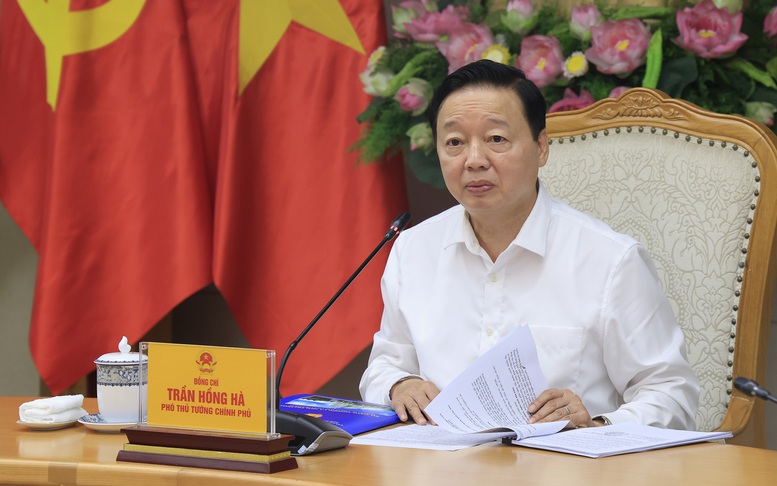
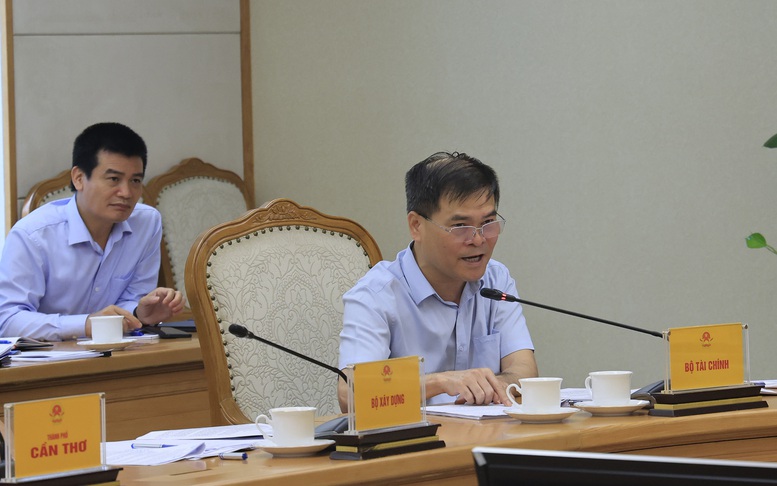
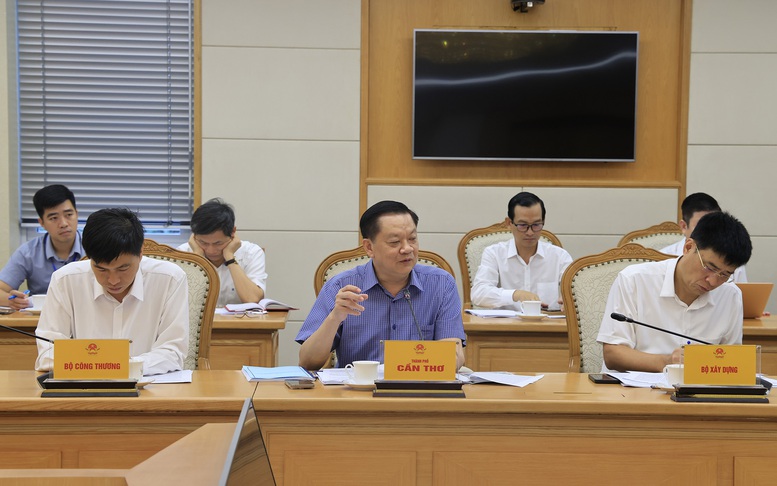
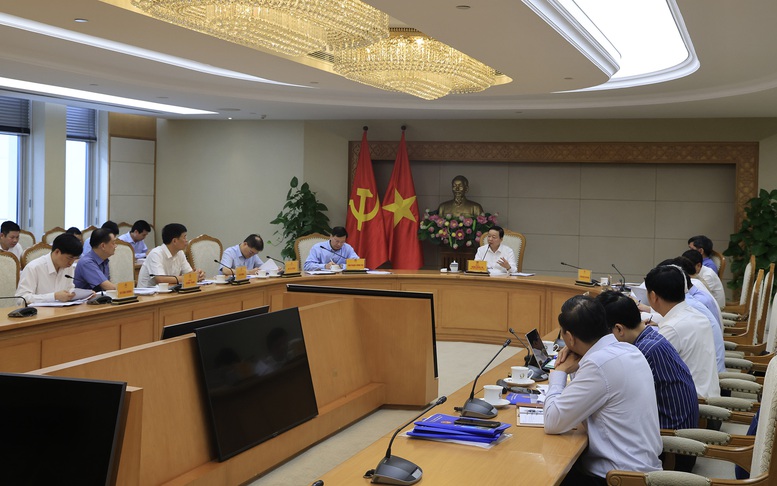

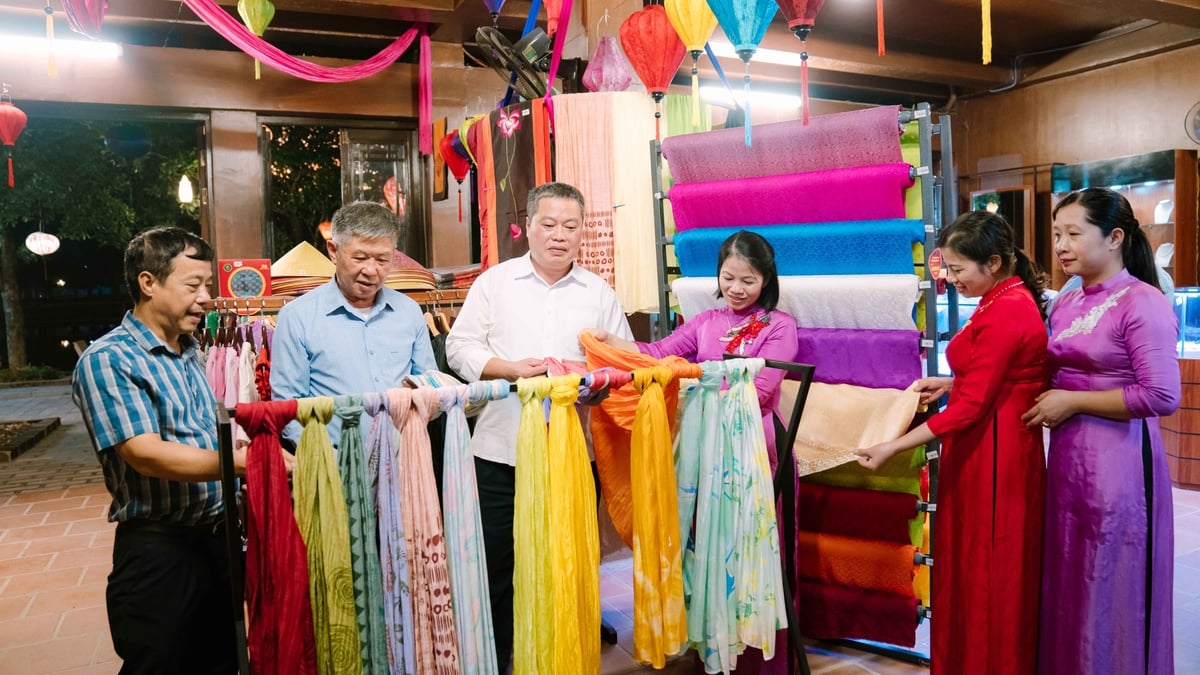



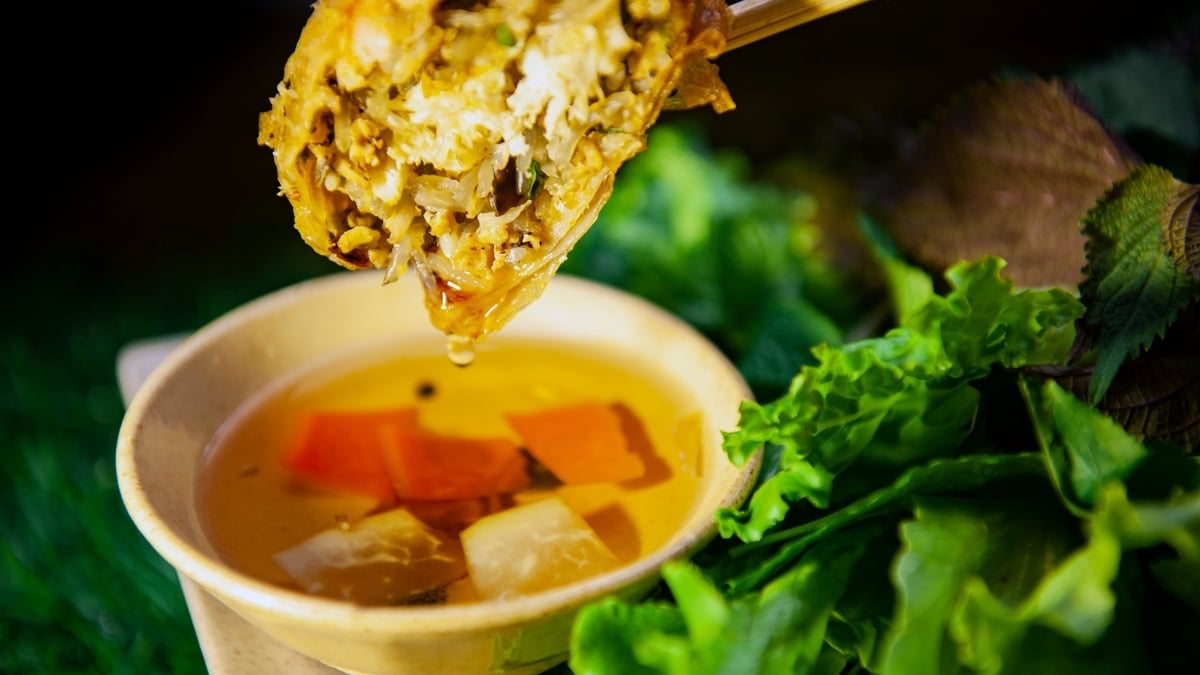




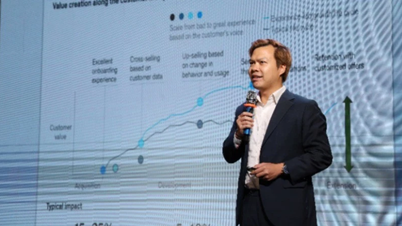





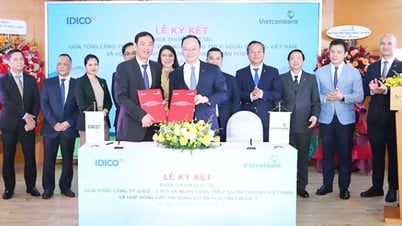
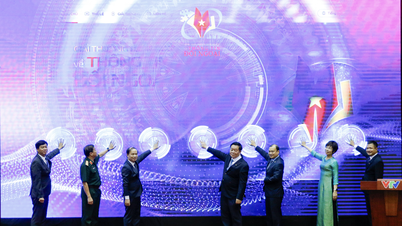

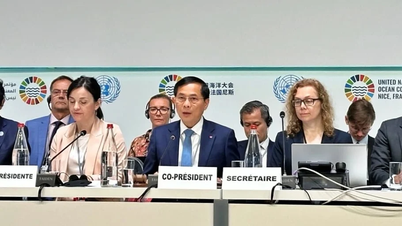

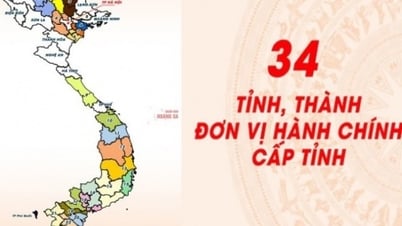

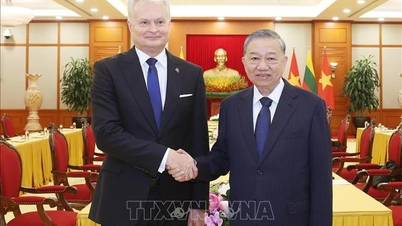











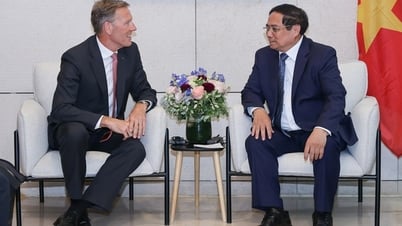
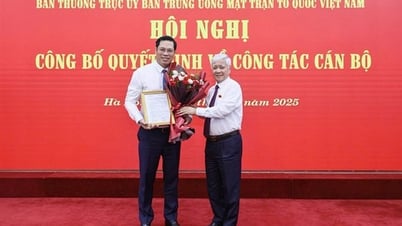
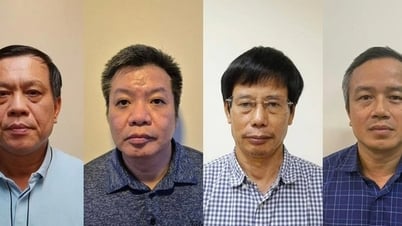
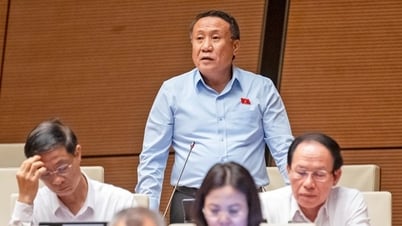
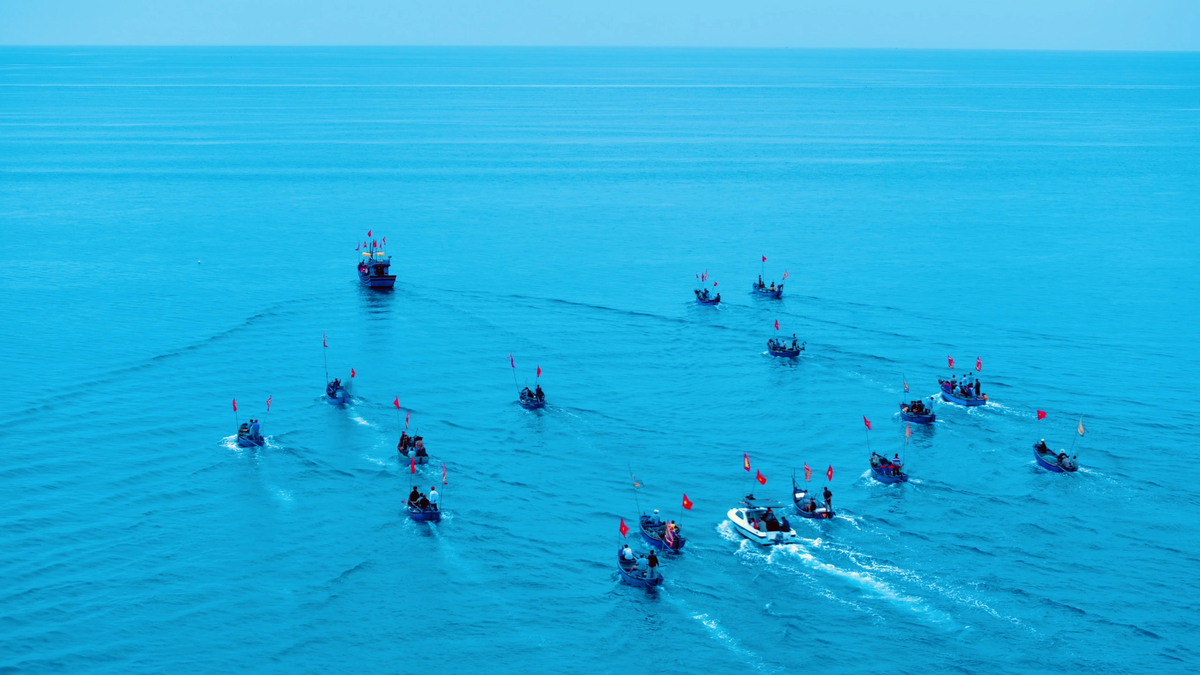



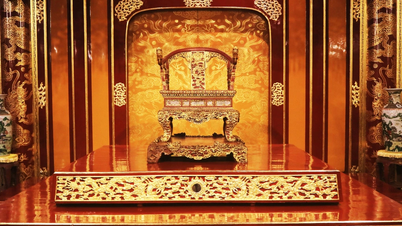

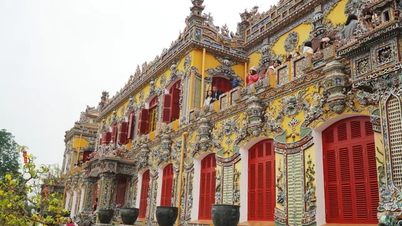



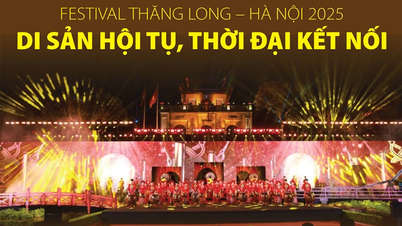

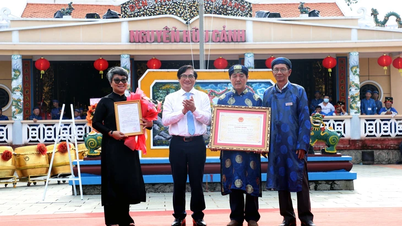
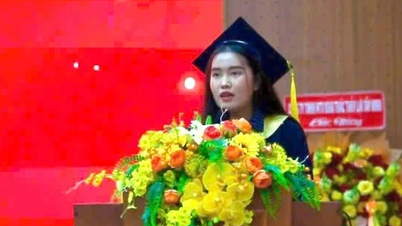

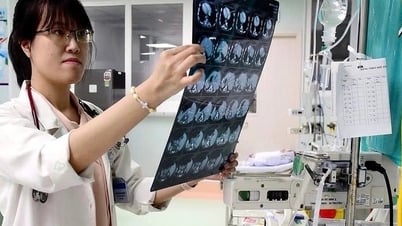
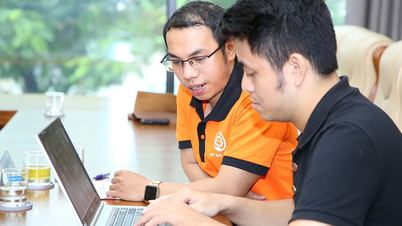
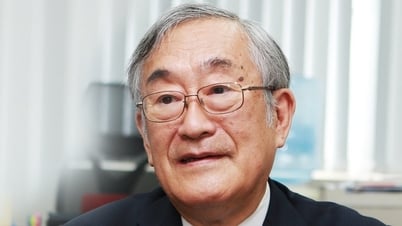




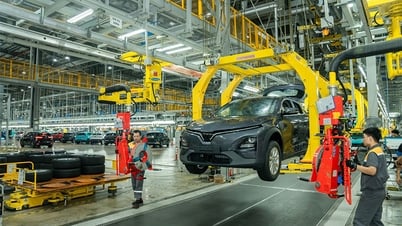
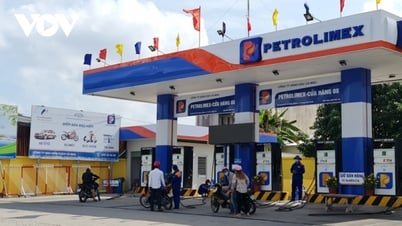
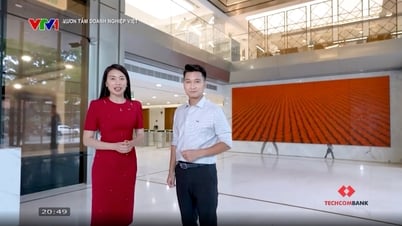
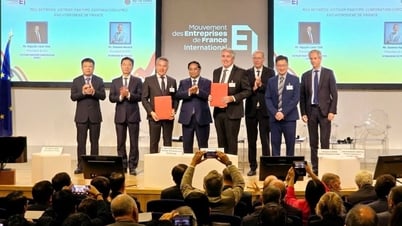
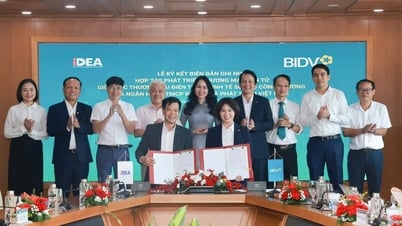


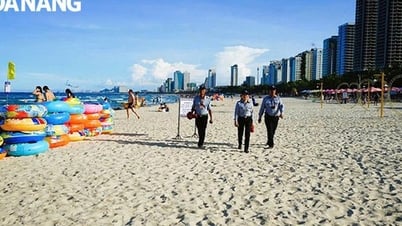


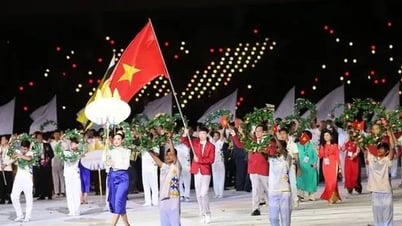

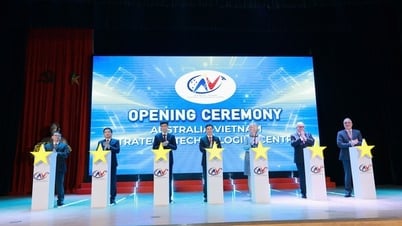

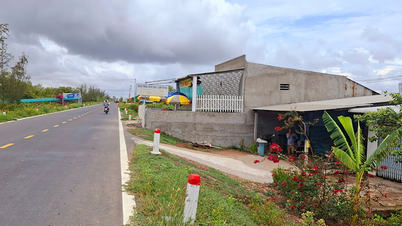

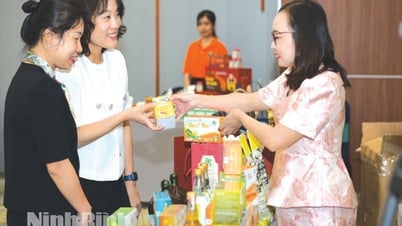

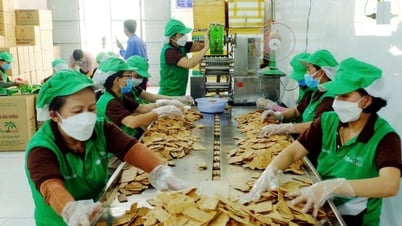

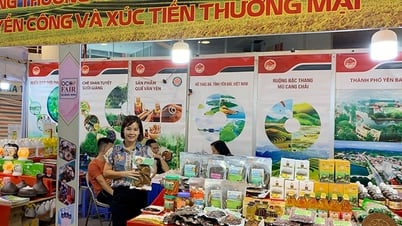

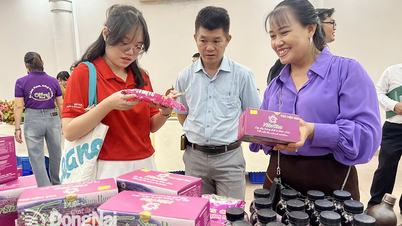



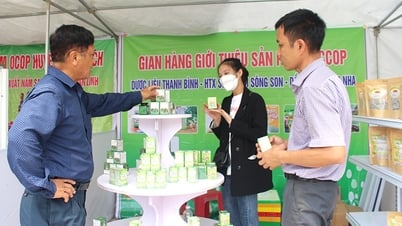





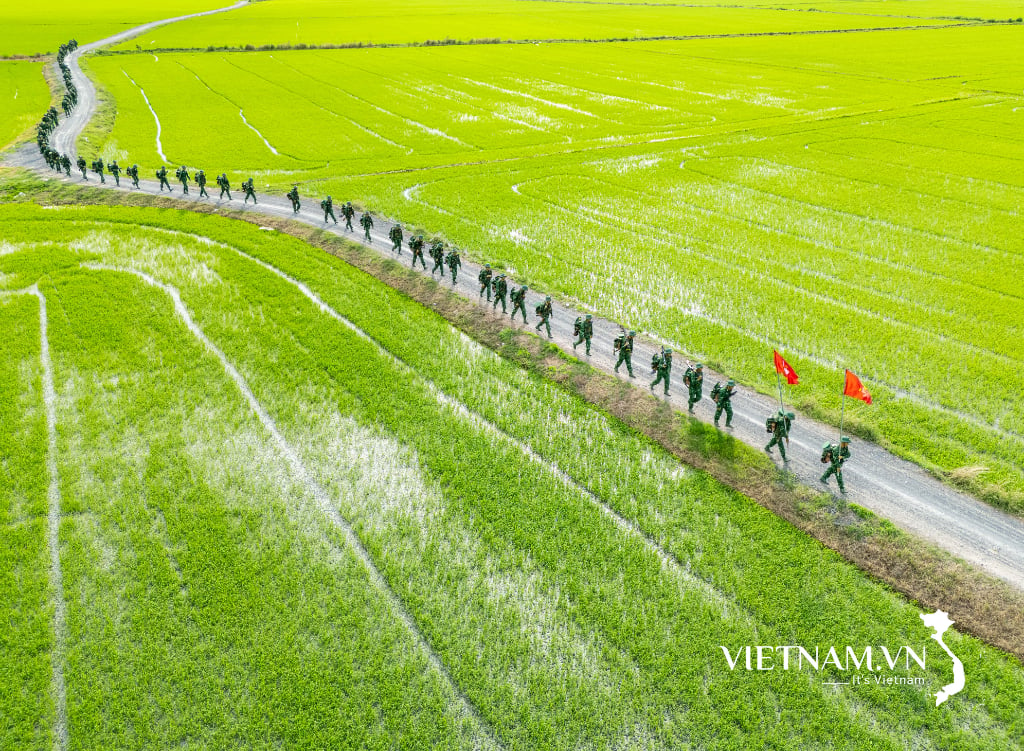
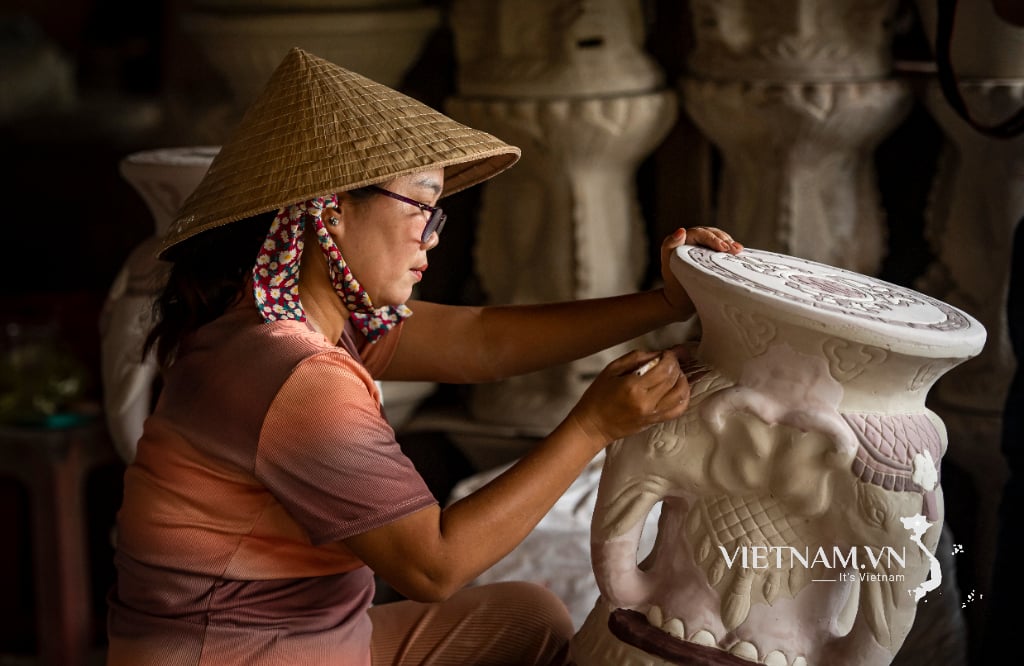
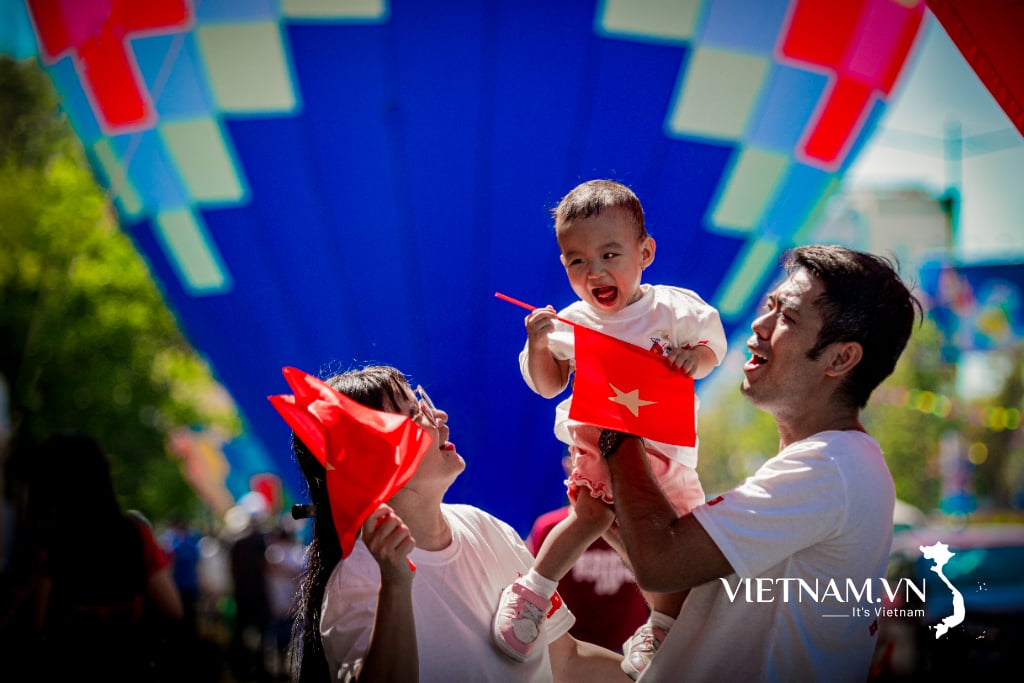
Comment (0)